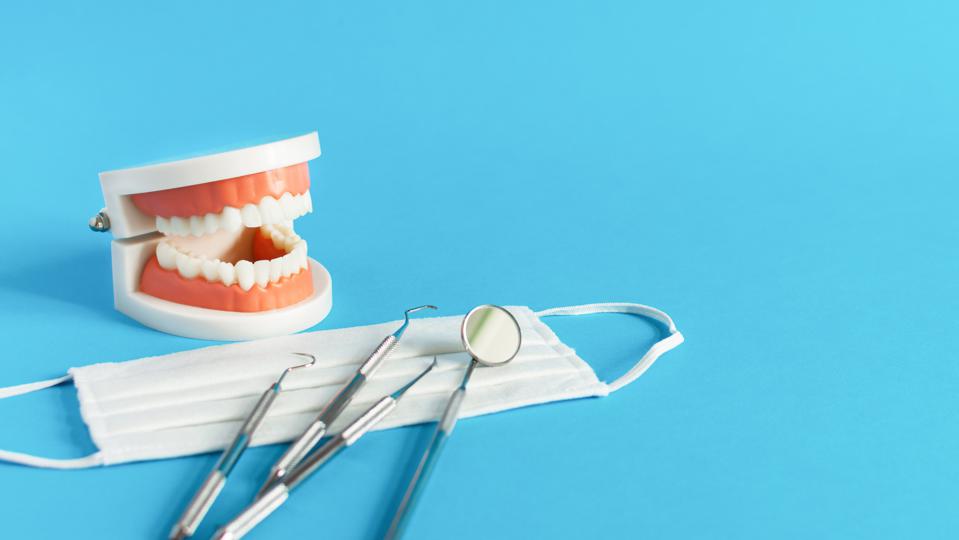智慧齒 are the third molars in the back of the mouth. They aren’t needed for eating or chewing, but they do serve an important role in maintaining the alignment of your other teeth.
However, they can cause problems if left untreated, including tooth decay, gum disease, cysts, and even nerve damage. That’s why your dentist will often recommend removing them before they erupt in order to prevent any issues.
Dental
智慧齒 are the last of the adult teeth to erupt. They usually appear during the late teens or early twenties, and can cause problems if they grow in sideways or are impacted.
A dental professional can tell when it’s time to have your wisdom teeth removed, and they will recommend the best course of treatment. The decision is usually made after a dentist has looked at x-rays and other imaging studies.
Having your wisdom teeth removed can be a painful experience, but it’s rare to have serious complications. Recovery is short and pain generally subsides in a few days.
Dentists can perform the procedure themselves, or they may refer you to an oral and maxillofacial surgeon. In either case, they will give you all the instructions for aftercare.
The operation is done under local anaesthesia (numbing medicine that makes you sleepy) so you won’t feel much. The tooth is removed and the area is stitched up to prevent infection. After surgery, you will need to take pain-relieving medication and follow your dentist’s advice on cleaning the surgical site. You should also avoid eating foods that may get stuck in the wound. Your gums will be swollen and sore for a few days after the surgery.
Wisdom teeth
Wisdom teeth are the last molars to grow in and they usually appear during adolescence. Unlike our baby teeth, which come in slowly, wisdom teeth are born suddenly and don’t develop fully until we’re 18 to 24 years old.
During your dental visits, we’ll be able to examine your mouth and see how your wisdom teeth are progressing. In many cases, dentists recommend that you have your wisdom teeth removed before they’re completely erupted, to prevent issues like crooked bites and gum disease.
Benefit #1- Wisdom teeth can cause damage, misalignment and pain as they push other teeth out of place. They may also become impacted and trap food particles, bacteria and plaque between the molars and gums.
Removal of your wisdom teeth can provide prompt relief for problems such as crooked or impacted teeth, headaches, jaw pain, and tooth decay. Depending on the type of oral health issues you’re experiencing, it can also help to reduce your risk of gum disease and other health conditions.
During the extraction process, you may experience some discomfort, swelling and redness in your mouth as we rock your wisdom teeth out of place. During the procedure, you’ll typically receive a local anesthetic to numb the area and prevent bleeding.
























Comments (0)